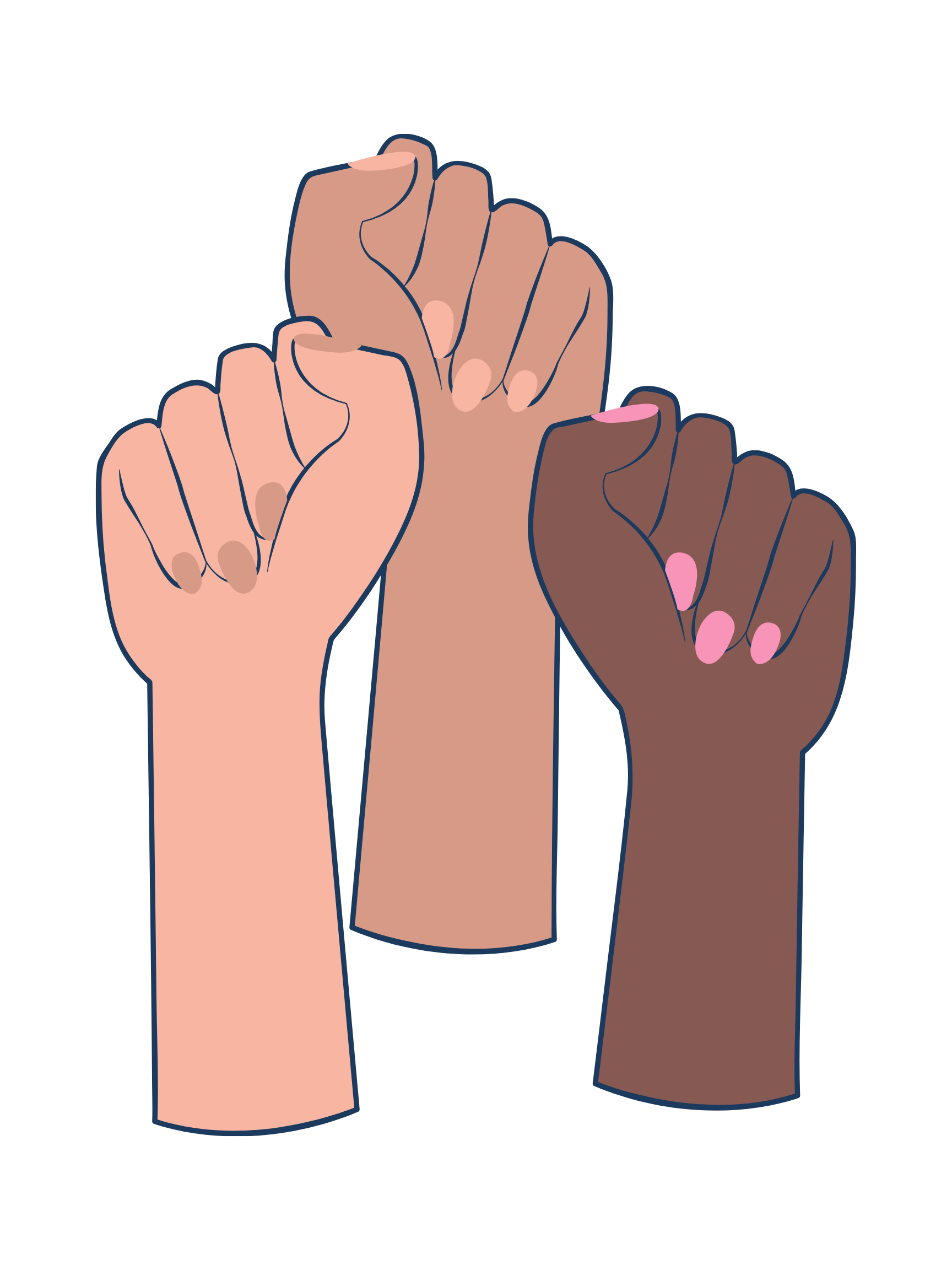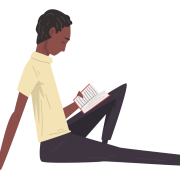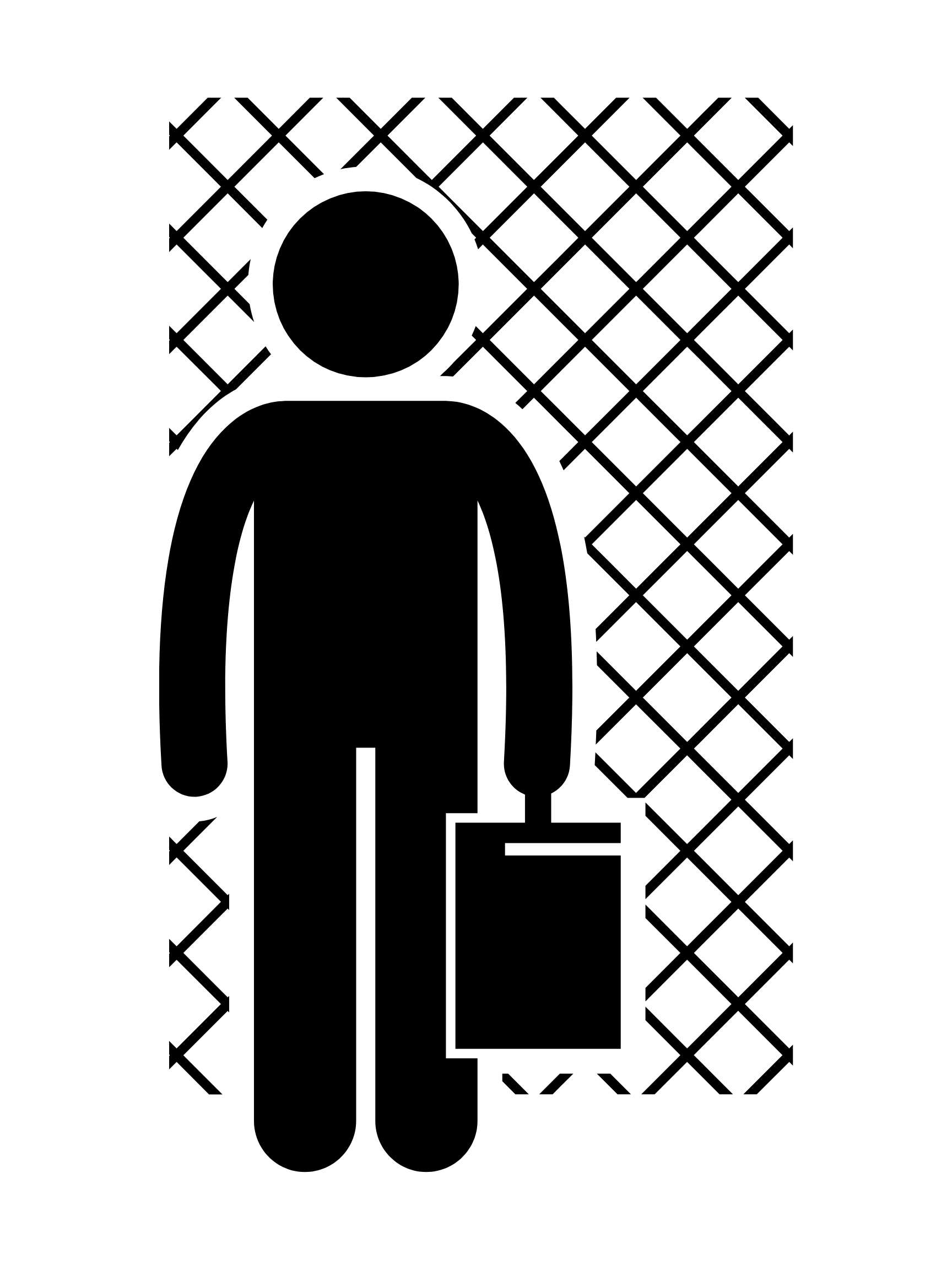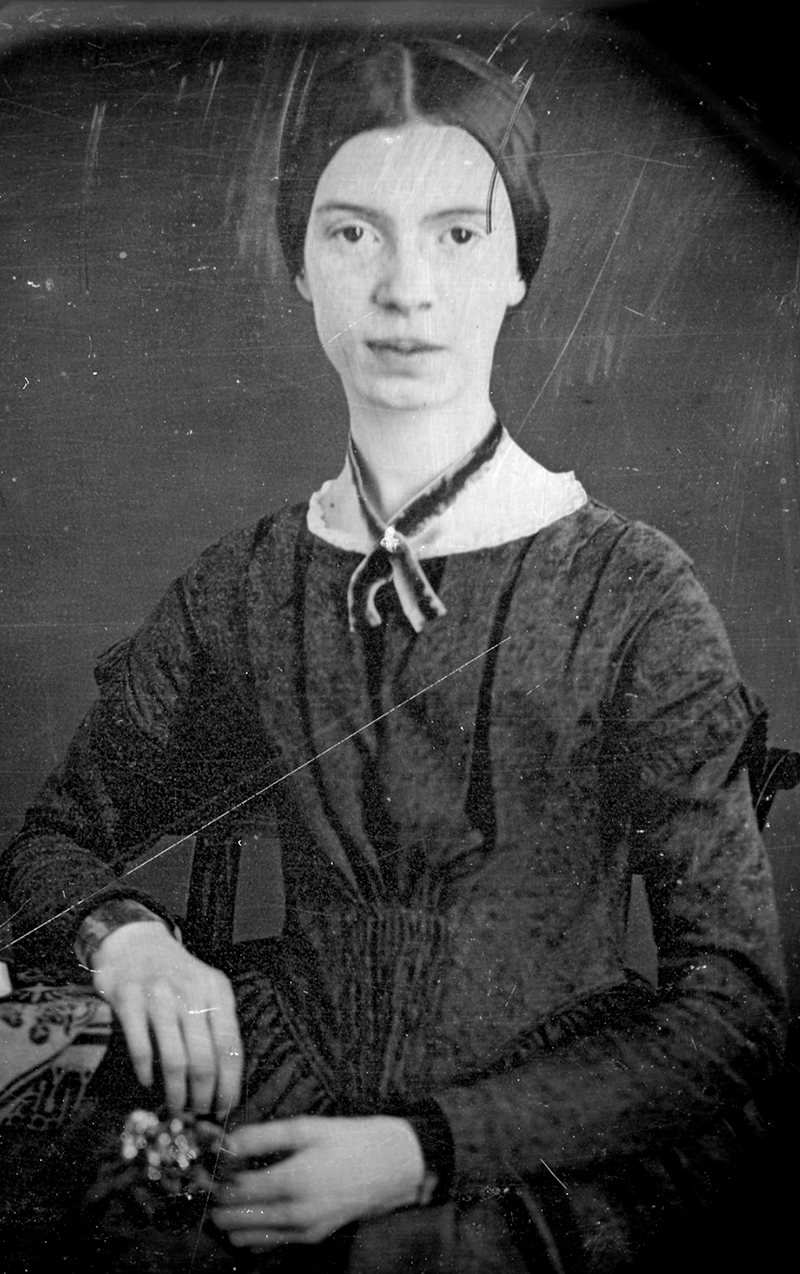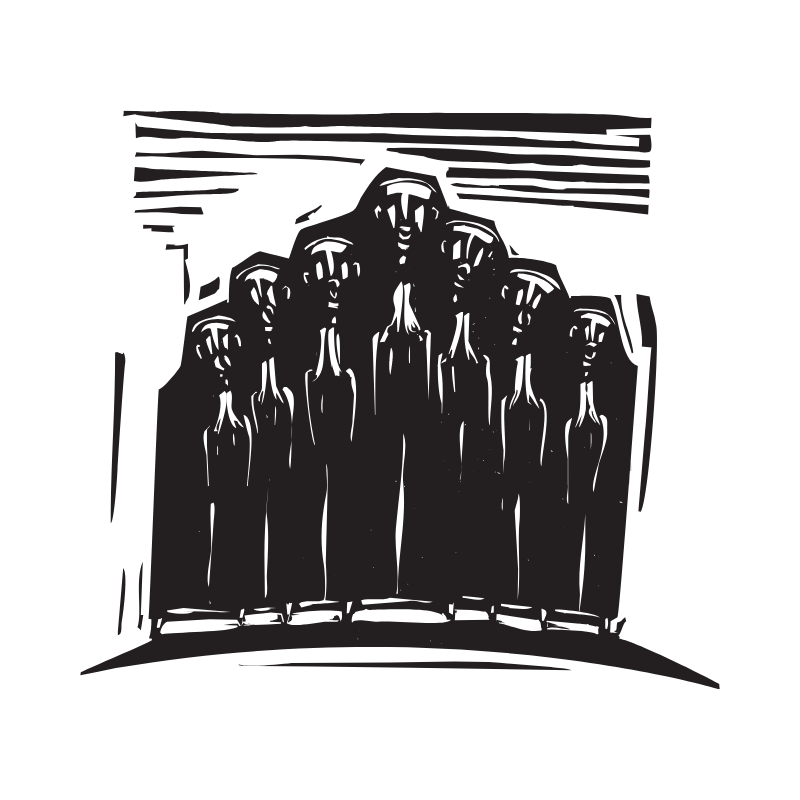The Stranger and the City

This seminar explores how the rapidly urbanizing, technology‐based societies of today present both risks to, and opportunities for establishing “home” and social connections. In these demographic upheavals lies the potential both to include and exclude “strangers” in our cities and communities. Loneliness and mental health issues have become chronic diseases of the young with over 75% of mental illnesses manifesting by age 24. At the same time, the globe is experiencing an unprecedented youth bulge with 1.3 billion young people aged 15 to 24. 60% of all city dwellers will be under the age of 18 by 2030. This youth bulge will account for 90% of global growth in cities and take place predominantly in developing countries. The Stranger and the City is an investigation into this global challenge and the theme of the “Stranger." A central question of exploration will be: How do we integrate or exile the strangers in our cities (and in ourselves)? This seminar provides an opportunity to explore this question through the lenses of philosophy, literature, religion, art, history and language.
Leader: Ana Candida Carneiro (Theater and Dance).
Participants: Kasper Loewenstein (Political Science), Gustavo Salcedo (Political Science), Manuela Picq (Political Science), Allen J. Hart (Psychology), Elizabeth Aries (Psychology), Dwight A. Carey (Art and the History of Art), Karen R. Koehler (Art and the History of Art) Lloyd D. Barba (Religion).
